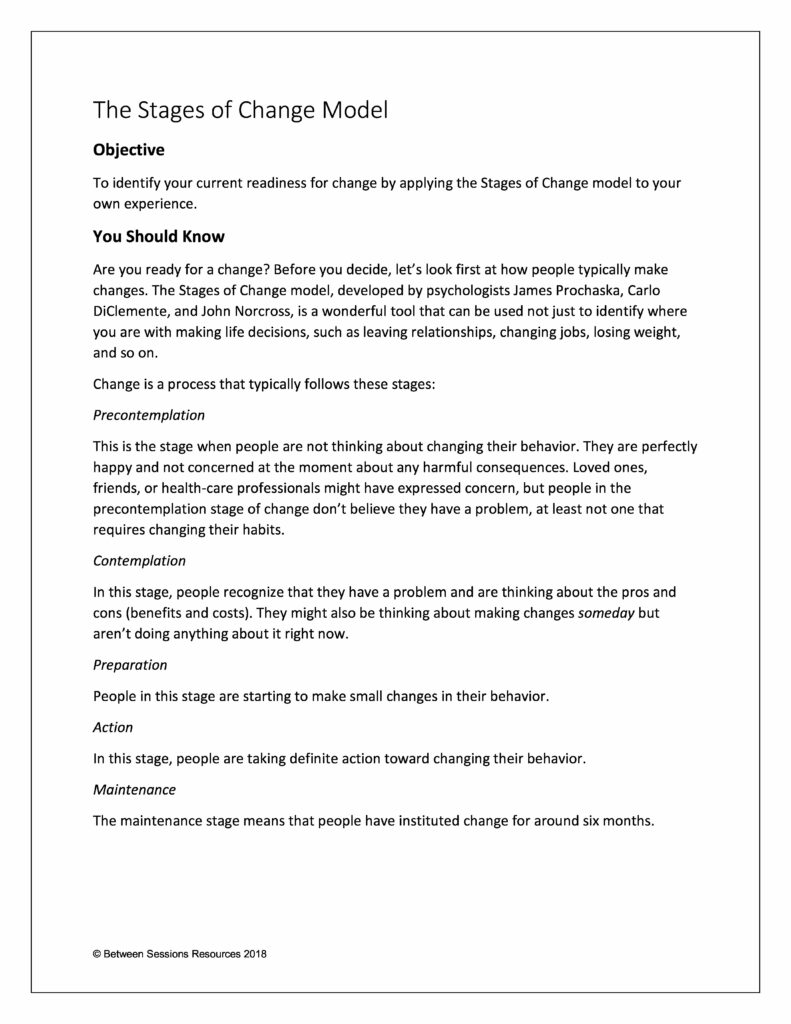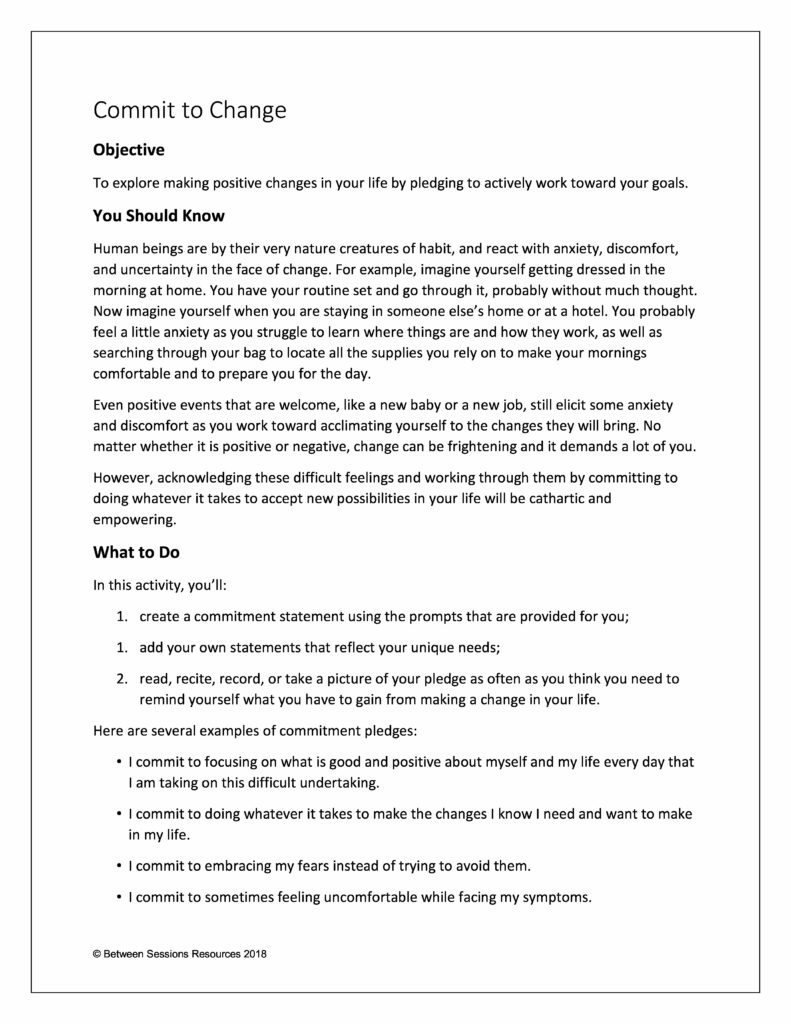Teens have a special way of communicating and learning about themselves, so we’ve made sure that all our therapeutic activities for teens are appealing and engaging to this age group.
To modify the tools, click the ‘Send to Client’ button by each tool to open the Psychology Forms Filler. You can then edit the tool as you see fit and either print it out or send it to a client to be filled out online. Click here for a tutorial on using the Psychology Forms Filler.
We’ve tried to address every teen issue we can think of, and more tools are added every week!
If you are looking for something you can’t find on this site, please let us know by clicking here and our team of writers, graphic artists, and therapists will custom-design it for you.
This worksheet is designed to help people understand the nature of dissociative episodes where they feel confused about themselves and their identity. It also suggests ways to help them cope with the stress that might trigger these episodes.
This worksheet is designed to be part of a Suicide Prevention Safety Plan. It asks people who have suicidal thoughts to identify the things in their lives that they might use to hurt themselves, to identify people who might help them, and to identify places they could go where they would feel safe. (0119, depression, self-harm)
This worksheets describes a 5-step model which can help people consider whether they are ready to make a significant change in their lives. (0119, motivation)
This worksheet asks people to track their thoughts and see how they are connected to their feelings. (depression, anxiety, 0119)
This worksheet asks people to explore making positive changes in their lives by pledging to actively work toward their goals. People are asked to create a commitment statement using provided prompts, and then add statements that reflect their own unique needs. They then turn these statements into a commitment pledge.
This worksheet is designed to help people with social anxiety tolerate being the center of attention. It uses exposure therapy as a way for people to learn to face and overcome their fears. (1218)
This worksheet is designed to help people get control over the compulsive behavior that they normally use to decrease their anxiety. It asks them to slowly reduce the time that they spent on their compulsive behaviors reinforcing the sense that they have control of their compulsions if they choose to exert it. (compulsions, OCD, 1218)
This worksheet is designed to help people develop a positive self-image using 12 assignments including developing a kinder inner voice, understanding what you can control and what you can’t, avoiding comparing yourself to others, and more. (self-esteem, positive psychology, depression, anxiety, 1218)
This worksheet is designed to help people identify ways to improve their self-image and reduce self-criticism. (self-esteem, positive psychology, depression, 1218)
This worksheet is designed to people identify situations where they are oversensitive to criticism and to develop strategies for countering that pattern. (social anxiety, shyness, criticism, 1218)










